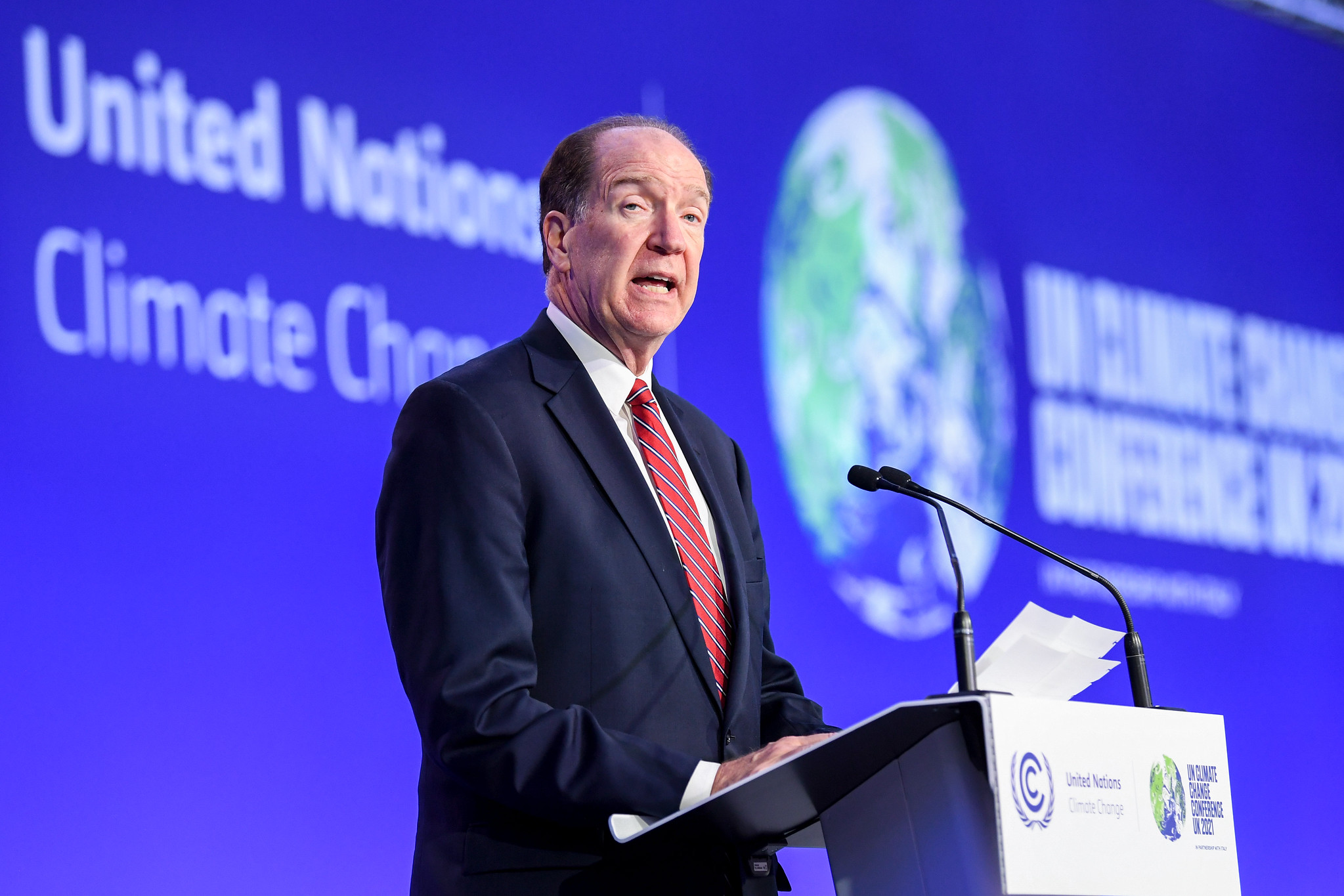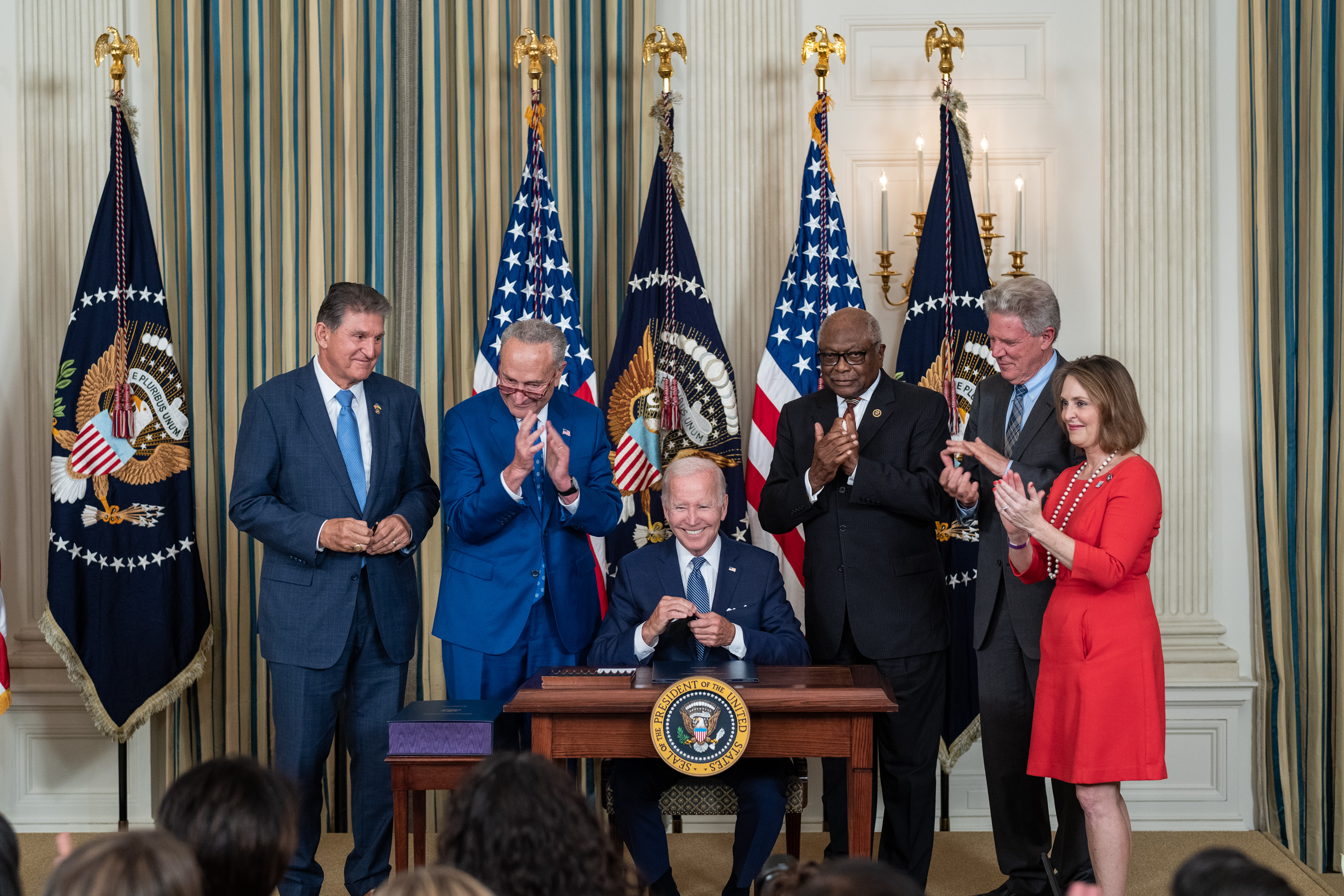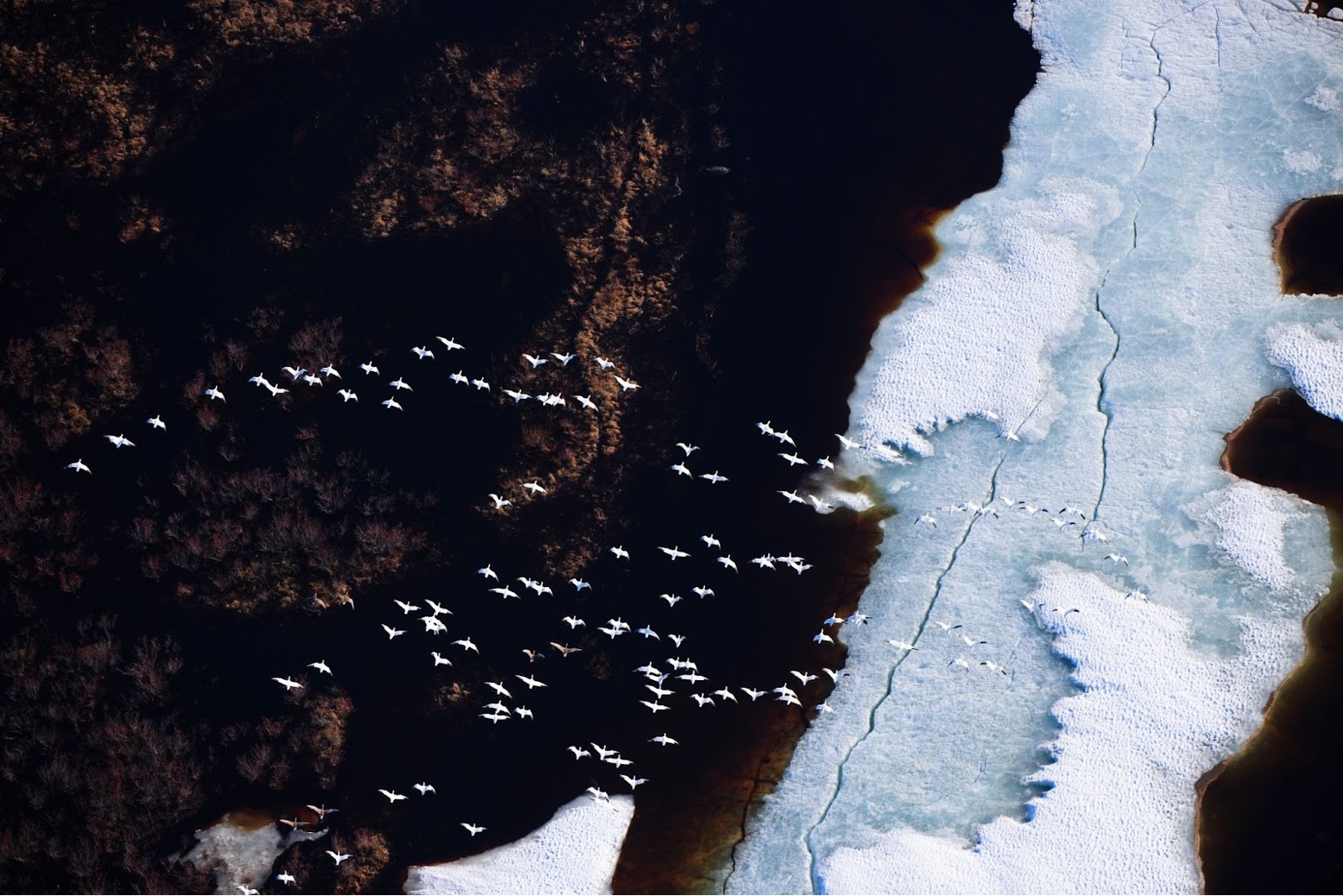It was a simple question: “Do you accept the scientific consensus that the man-made burning of fossil fuels is rapidly and dangerously warming the planet?”
But David Malpass—the president of the World Bank and the man in charge of funding energy projects in countless developing countries—refused to answer. He said, “I don’t even know. I’m not a scientist.”
While Malpass has since walked these comments back, his tenure of slow-stepping climate action at the World Bank speaks for itself. It’s time to #FireMalpass—and nominate a World Bank president that will take climate leadership seriously.
But first, let’s dig a little deeper: what’s the World Bank, and what’s its role in tackling the climate crisis?
The World Bank is an international financial institution, tasked with improving the economies of developing countries. Today, it’s also the biggest provider of climate loans and grants to low and middle-income countries. That means the World Bank has outsized power to help developing countries finance the clean energy transition. Critically, the international organization also has the power to completely phase out its financial and technical support of fossil fuel projects—but has failed to do that.



